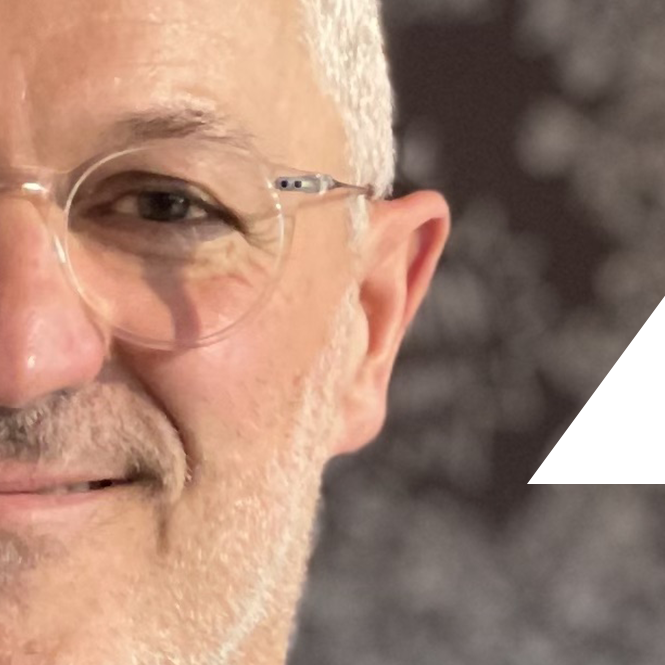
As French voters weigh up their options ahead of the April presidential election, FRANCE 24 explores eight major campaign themes – from healthcare and culture, to insecurity and the economy. We criss-cross the country in a 100% electric replica of Citroën's 2 CV model. Our journey takes us north, southeast and west – west enough to include the French overseas department of Guadeloupe. Every week, we stop off at a new destination.




For more than two years, French public debate has been dominated by talk of Covid-19 infection rates, vaccines and ICU occupancy, catapulting health care to the top of voters’ list of priorities. We kick off our road trip in Strasbourg in the east of France. In the early months of the pandemic, the region was the first to see an explosion of infections, and suffered one of the country’s worst death tolls. The French tend to be proud of their healthcare system. But with hospital budgets – not to mention doctors and nurses – stretched to their breaking points, voters are looking for assurances that their health will be in safe hands.



It’s no secret: Literature, cinema, drama, music and art hold a special place in the French psyche. The cultural sector indirectly employs around 1.3 million people, generating €47 billion for the economy – that’s seven times more than the French car industry! But what does the future of culture look like after successive months of closed theatres, cinemas and galleries? And just how equal is access to that culture across different socioeconomic and cultural groups? Our journey this week takes us to Marseille. The city’s northern neighbourhoods are notoriously neglected, but they’re also a vibrant melting pot of a wide range of cultural influences.



France is a nation of city dwellers, but at least one in five voters lives in the countryside. As cities continue to swell, smaller French towns and villages increasingly find that the local public services they rely on are shutting down, with decent job opportunities often hard to come by. We take our 2CV to La Creuse in rural France to understand the social and economic challenges faced by voters who feel abandoned by the largely urban political class. But we also meet people who have got big ideas about how to rejuvenate their rural communities.



In 2015, world leaders converged on the French capital to sign a historic – and legally binding – climate agreement. But seven years on, it’s clear that the gap between France’s promises and its actions is widening. We head to Gironde on the French west coast where coastal erosion, turbocharged by extreme weather linked to climate change, is already transforming lives. We talk to an organisation determined to hold the government to account through the courts, and meet a seaside community that’s already having to adapt to a rapidly receding coastline.



Over 80 percent of French voters say that security and crime will be key considerations when they cast their ballots in April. Marseille’s recent spike in violent, gang-related crime has garnered a lot of media attention, but it’s by no means the only city struggling with the problem. This week our road trip takes us to Nantes, in western France, where recent population growth has coincided with a spike in crime. Over the past year, arrests for delinquency in the city centre have risen by over a third. We meet local residents who have set up a night-time patrol in a bid to keep the streets safe.



Liberté, Égalité, Fraternité – or Freedom, Equality, Fraternity – is the motto of the French Republic, and adorns the entrance to every French public school. But when it comes to education, these lofty ideals are, according to some, increasingly under strain. Challenges include everything from a chronic lack of qualified teachers to high dropout rates, while more than 15 percent of 15-year-olds struggle with basic maths and comprehension skills, leading to reduced professional opportunities later down the line. This week we travel to Lille in the north of France, a city with one of the highest dropout rates in the country.



This week we’re waving goodbye to our trusty 2CV and taking to the air, heading almost 7,000 kilometres across the Atlantic to the Caribbean archipelago of Guadeloupe. Residents of Guadeloupe are of course French citizens and send representatives to parliament. But many Guadeloupeans are furious at what they see as entrenched mistreatment by authorities in Paris, citing everything from lower salaries and higher fuel prices than on the mainland, to crumbling infrastructure. Almost one in 20 French voters live in overseas France. How might their frustrations shape the outcome of the 2022 election?



The final stop on our 2022 election road trip brings us to the cobblestoned streets of the French capital, a city still feeling the effects of pandemic-linked restrictions and the near-obliteration of tourism that followed. In 2021 the economy grew by 7 percent – the biggest year-on-year jump for 52 years. But GDP is still 1.6 percent behind its pre-crisis level. Many of the Parisian businesses that managed to survive the past few difficult months say they’re not yet out of the woods, but we will also meet entrepreneurs who say they’re already adapting the way they work to stay competitive.
